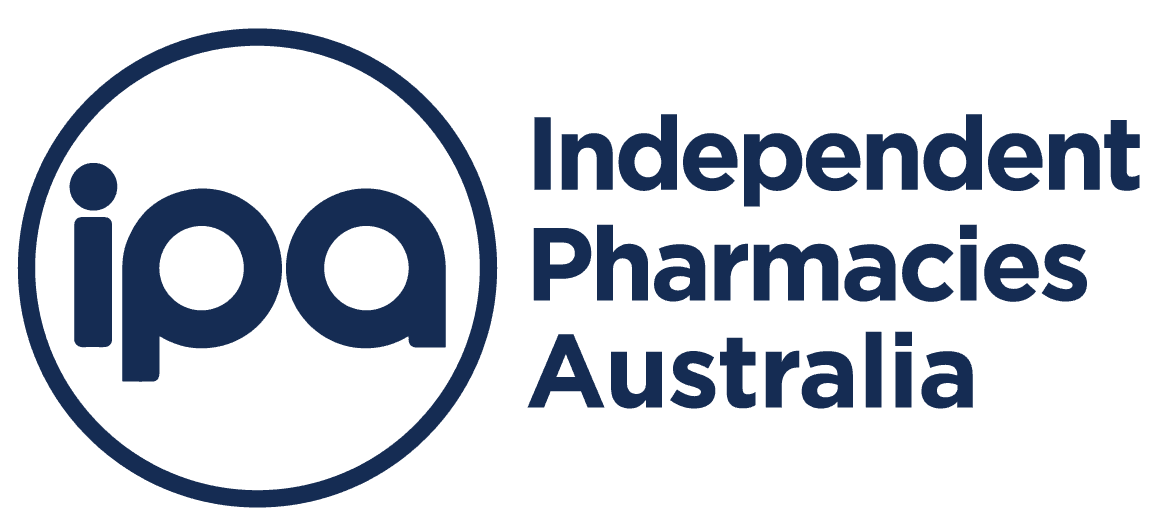Colds and Flu
Common colds and influenza are caused by different viruses that are spread by sneezing, coughing, kissing or sharing utensils. Colds and flu have many symptoms in common, but they are very different conditions.
Symptoms
The common cold often starts with a sore throat, sneezing, and a runny nose. In the next few days the
nose becomes blocked (congested) with mucus. The cough that follows can be caused by mucus running down the back of the throat or congestion of mucus on the chest (see Coughs Health Information Brochure). Other symptoms include fever, headache and tiredness.
Influenza symptoms are far more debilitating than cold symptoms, often starting suddenly with severe tiredness and aching muscles requiring immediate bed-rest. Symptoms similar to colds will occur, with the addition of the loss of appetite, high fever, chills and nausea. If these severe flu symptoms occur and you can visit a doctor within the first 48 hours, you may be prescribed special anti-viral medicines. These anti-viral medicines do not work for the common cold.
Sometimes symptoms of hay fever also include mucus production, however the mucus will be clear and thin, and associated with sneezing and itchy eyes (see Hay fever Health Information Brochure).
Some people who have had a viral cold or influenza infection, can develop a bacterial infection. If this occurs in the sinuses (sinusitis), or chest (e.g. pneumonia), the doctor may prescribe antibiotics.
Antibiotics can NOT kill cold and flu viruses, and are ONLY used if there is a bacterial infection.
When to seek medical advice
See your doctor if you also have any of the following:
- a high fever or severe chill
- neck stiffness and/or pain
- a rash that does not go away when pressed
- a severe headache, or you cannot tolerate light, or feel dizzy and confused
- coughing that worsens
- mucus (phlegm) contains flecks of blood, or is a deep yellow, brown or green
- a sore throat that affects eating
- breathing difficulties
- earache or pus in the eyes
- a child who refuses to eat, or cries with a high‑pitched whine.
Lifestyle options
Rest can help the immune system fight viral infections and hasten recovery. Other things to do are:
- keep warm and rest in bed, limit contact with people to avoid spreading the virus
- drink plenty of fluids like water, tea or soup
- have a steamy shower or use a vaporiser to help clear a stuffy nose.
Immunisation
Each year a new influenza vaccine is developed to protect against the main influenza viruses expected during the coming season. People who are over 65 years of age, pregnant, get the flu often, or are at risk of severe harm from the infection, should ask their doctor or pharmacist about an annual influenza vaccine.
Pharmacy options
Always inform pharmacy staff if you are taking any other medicines, or if you have any other health conditions, because some over-the-counter medicines may not be suitable for you.
Treatments are chosen to provide relief for specific
symptoms:
- Anaesthetic throat lozenges, sprays or gargles can help numb the pain of sore throats.
- Paracetamol and anti-inflammatory medicines like aspirin or ibuprofen can help with fever, headache, muscle aches or painful sore throat. Do not give aspirin to children under 16 years of age.
- Decongestant nasal sprays or drops or saline (salt water) nose drops, sprays or irrigations can also help a runny or congested nose.
- Cough suppressant can help if you have a dry cough and there is no mucus on the chest. These medicines can cause drowsiness, and do not help a cough caused by asthma or chronic obstructive pulmonary disease (COPD). Talk to your pharmacist or doctor about an action plan to manage asthma or COPD. You should never take medicines to suppress a chesty cough because it is important to remove the mucus from the airways.
- Mucus removing medicines such as bromhexine and guaiphenesin can thin the mucus making it easier to shift from the chest when coughing. Always drink plenty of water if there is chest congestion.
Some cold and flu medicines are available as a combination of products designed to ease several symptoms such as fever, aches, pain, cough or a runny nose at the same time. Check the ingredient list before taking any combination products to avoid accidentally taking double doses. For example, some hot honey and lemon flavoured cold-relieving drinks also contain paracetamol or ibuprofen.
Special care is needed when considering cough and cold medicines for children, and people with diabetes or high blood pressure.
Ask your pharmacist for advice on the most suitable treatment.
More information
- NPS MedicineWise: www.nps.org.au or phone 1300 MEDICINE (1300 633 424)
- Health Direct: www.healthdirect.gov.au
Disclaimer: The information provided is a guide only, is current at time of publishing, and is not intended to replace the advice of your pharmacist or doctor.
IN EMERGENCIES DIAL 000.



